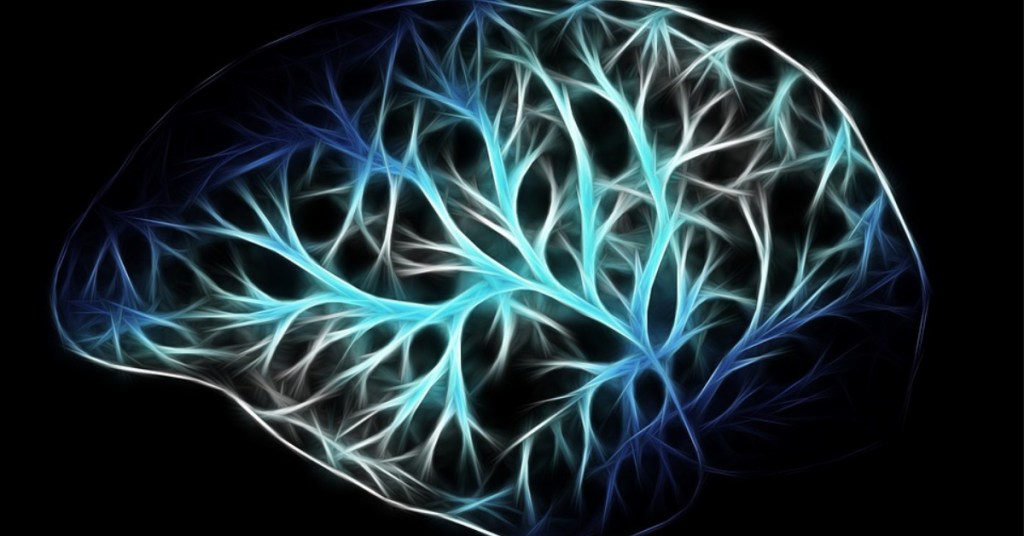Mental health care is an ever-evolving set of protocols, treatments, and medication, and every step we take forward is one more person who feels like they’re important enough to remain here with their family and friends.
Depression treatment has become much more effective and much more targeted the more and more we’re able to learn and understand about how the brain works, and recently, the use of ketamine has shown real promise as far as easing symptoms.

Image Credit: Pexels
Scientists have been scanning the brains of people who have taken it and have been helped in order to try to understand how the drug acts on their serotonin receptors.
What they’ve found is that ketamine acts on the serotonin 1B receptors of the brain, which helps increase dopamine, which most of us know is one of the major”feel good” transmitters in our brain’s reward system.
Scientists at Karolinska Institute in Sweden published their findings in the Nature journal Translational Psychiatry. In their study, they analyzed the brains of 30 people whose depression had not been helped by conventional treatments and SSRI medication. They were given doses of ketamine (some were part of a control group), and then underwent a PET scan.
Mikael Tiger, the study’s first author, gave a statement.

Image Credit: Pexels
“In this, the largest PET study of its kind in the world, we wanted to look at not only the magnitude of the effect but also if ketamine acts via serotonin 1B receptors.
We and another research team were previously able to show a low density of serotonin 1B receptors in the brains of people with depression.”
In truly astounding results, the ketamine bound to serotonin 1B receptors using a mechanism no one has seen before, halting the release of serotonin while increasing a flow of dopamine.
It does something else pretty amazing, too, says Johan Lundberg, the study’s last author.
“We show for the first time that ketamine treatment increases the number of serotonin 1B receptors.”
After dosing the patients with ketamine twice a week for two weeks, 70% of those receiving the drug experienced relief from their depression symptoms and from suicidal thoughts.
This information will hopefully be used to help get ketamine into the hands of more doctors, and more of their patients who are in desperate need of relief. Lundberg, at least, thinks it’s a sure possibility.

Image Credit: Pexels
“Ketamine has the advantage of being very rapid-acting, but at the same time it is a narcotic-classed drug that can lead to addiction.
So it’ll be interesting to examine in future studies if this receptor can be a target for new, effective drugs that don’t have the adverse effects of ketamine.”
Let’s do it, I say. If it’s safe, the opportunity to give it a try should be offered to anyone who feels they aren’t being adequately helped by traditional treatments.
Would you give it a go? Why or why not? Tell us what you think in the comments!






